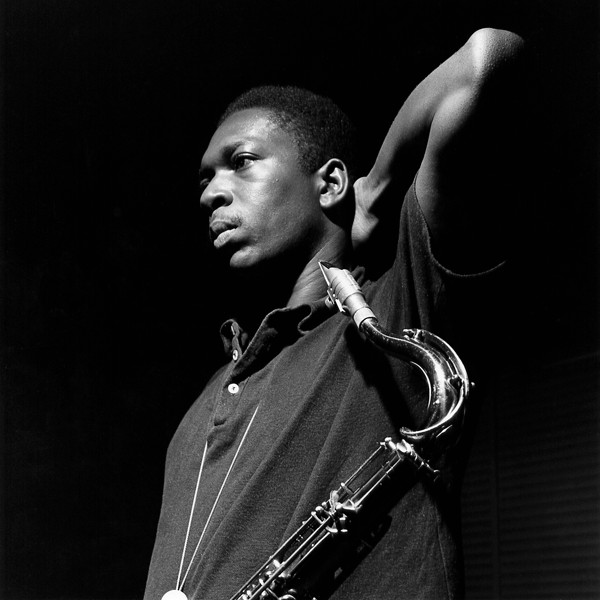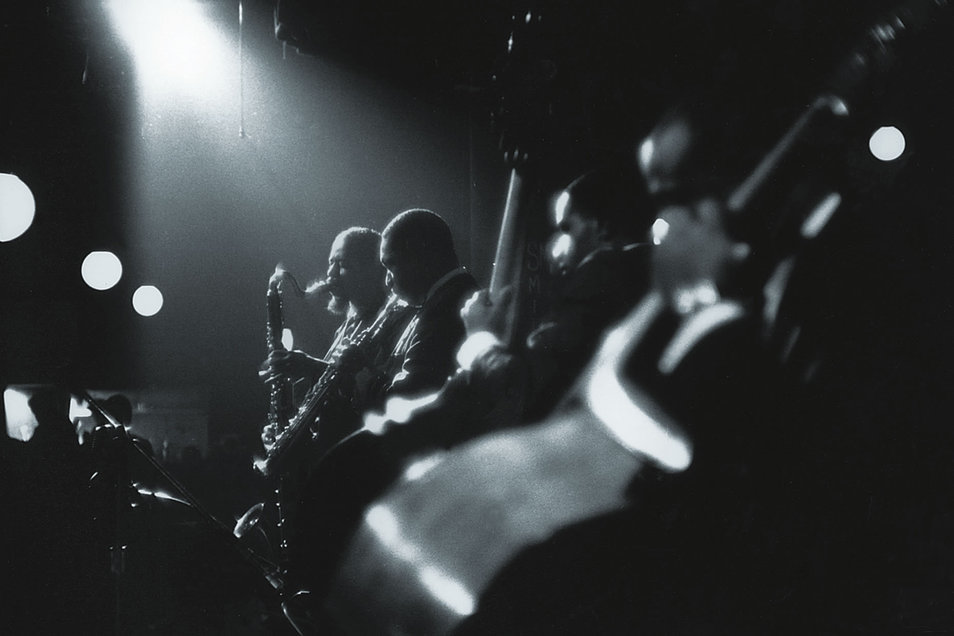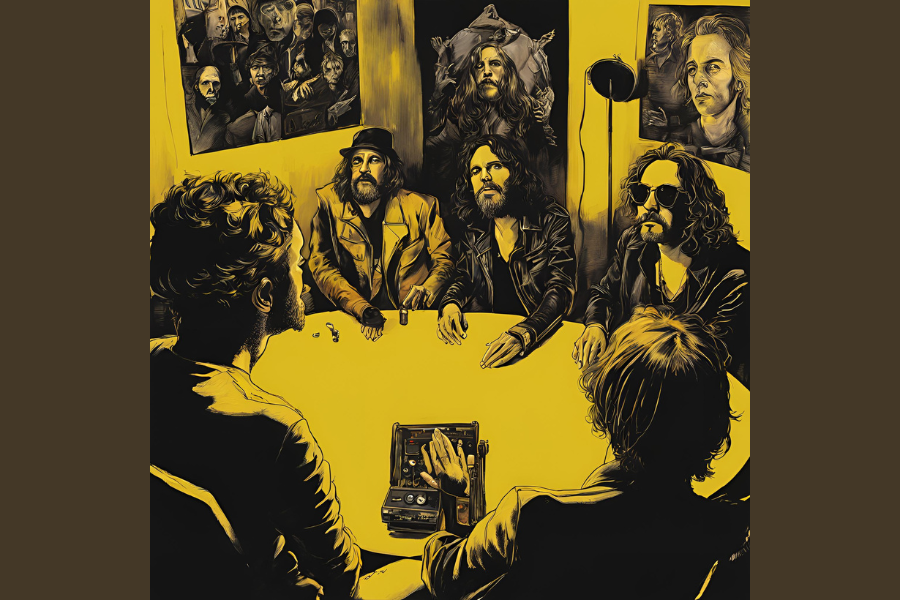Lately, I have been trying to expand my horizons musically. However, I am super judgemental about what I like. I hate when people say “everything is of equal merit or musical worth.” I’m a music snob and purist and proud. That makes it hard to find new stuff to listen to though. So, my journeys and searching has taken me to a new place that I’m loving: 1960s NYC Jazz. The album that has spoken to me the most so far is John Coltrane’s A Love Supreme.
The album serves as a love letter to God. Like many other albums from that scene though, there are almost no lyrics (“A love supreme..” is chanted at the end of the first song). However, it almost sounds as if it does. The instruments play together in such a tight and controlled back and forth that it almost sounds like chatter. You can hear them talking and responding to one another throughout the whole piece. It’s no wonder this record and others from that time served as inspiration to the culture shock that was the Beat Generation of authors. The record is cool– it sounds like an understatement or lack of description, but the album just exudes coolness. It sounds like blue and red neon lights in the NYC rain, or a pitch black, smoke filled cafe in a basement or like a cocktail party you’re not connected enough to be invited to.
The record starts off with “A Love Supreme, Pt. I – Acknowledgement.” A heavenly saxophone run backed by washing cymbals opens the track. It fades away, and a slow and consistent bass line starts. Slowly the song builds into a full conversation between the quartet. The drums, which are loose and unpredictable, drive much of the music. The sax and piano are the most noticeable instruments, but the drums completely dictate the style of the record. The track ends with Coltrane sing-speaking “A love supreme” over the original melody of the bassline. On a second runthrough of the track, keep listening for the words “A love supreme” – you can hear the instruments almost singing it throughout the track, and especially in that original bass line melody.
The second piece, “A Love Supreme, Pt. II – Resolution”, opens with plucked bass chords before going full swing into the quartet playing together. The song is played at a quick pace, but the sax is almost sad and longing, or regretful. The piano gets more time to shine in this than in “Acknowledgment”, with Coltrane stepping back on saxophone for a sizable time in the middle, before jumping back in with a higher intensity than before. There’s an emotional pull all throughout the piece that is hard to put your finger on. It feels like he lost someone or something. It’s angry, sad, and fast. It feels familiar but unexplainable.
“A Love Supreme, Pt. III – Pursuance” opens with a mind blowing drum solo. Once again, Coltrane takes the back seat before coming in with an intense and violent flurry of notes. It’s hard to even follow the intensity that the band is playing at. It is insanely remarkable. It once again evokes feelings so familiar. It’s busy and fast and reckless– like late at night when you’re with your friends and there’s 4 different conversations happening at once. And then– it crashes. The bass is left alone. It feels heavy and plodding, but it fits. It’s a fast and mind warping fury of a song that gets ahead of itself, and the bass, the backbone of both rhythm and melody, is all that’s left when it’s done.
The last track, “A Love Supreme, Pt. IV – Psalm”, is the most emotional and reverence filled song on the record. It is meant to be accompanied with a poem– every note represents a syllable to the poem that Coltrane included in the liner notes. You don’t need the stanzas the song is played around to understand the song though. It is a piece filled with love, longing, and respect from a religious angle. The poem is about Coltrane’s love for God, and that can be felt in the track. It is a beautiful and heavenly piece.

If you’re looking for something new and exciting to listen to, listen to “A Love Supreme”. It’s beautiful and filled with emotional highs and lows. It is relatable and touching in a way that makes it extremely impactful. There are churches that are named after Coltrane and base their mission off this record. Listen to it, you can see why.





